Last Updated on August 21, 2025
When you’re shopping for clothing, food, or home goods, you’ve probably seen labels like Fair Trade Certified, GOTS, or B Corp. These eco-labels can feel confusing – what do they all mean, and which ones should you look for if you want to shop more sustainably?
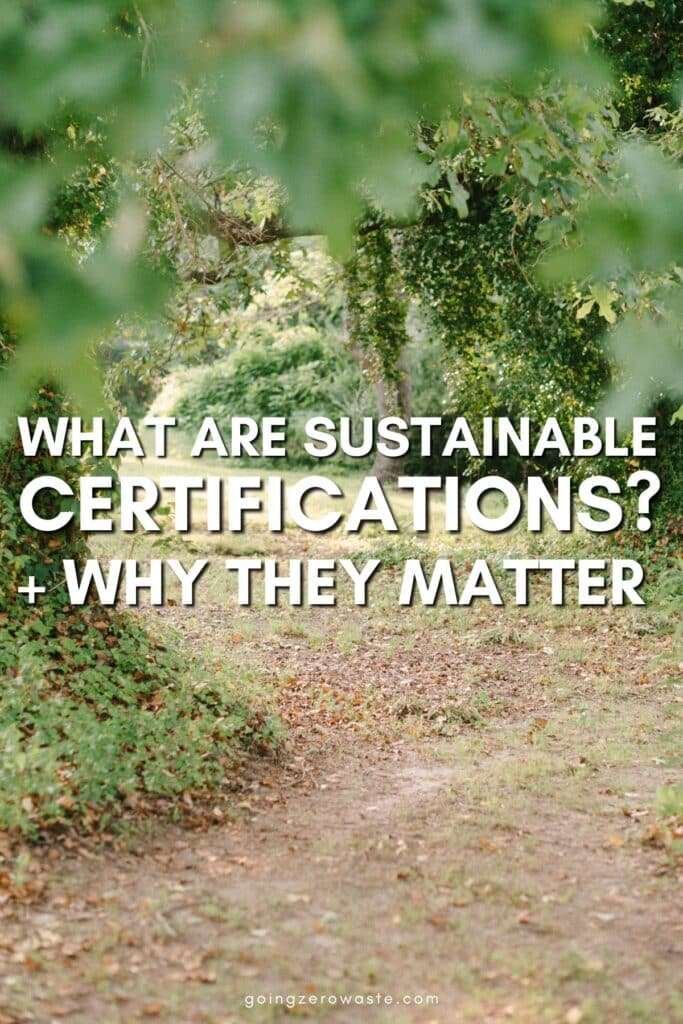
While I don’t believe that every single product needs to pass a perfect ‘eco-friendly’ litmus test, (because that doesn’t exist!) I do think these labels and certificates can help us make better and more informed choices.
This guide breaks down the most common sustainability certifications and what each one represents. Knowing these can help you cut through the greenwashing and support brands that are actually making a difference.
why these eco-friendly labels matter:
Not all “eco-friendly” claims are created equal. Many products use vague language like “natural,” “green,” or “eco,” but those words are often just marketing buzzwords with no real standards behind them. This is where third-party certifications come in. They provide independent verification so you can trust that a product actually meets sustainability benchmarks.
When you understand what these sustainability certifications mean, you gain the tools to:
- Avoid Greenwashing: Certifications act as proof. For example, a T-shirt labeled GOTS Certified Organic Cotton has been verified at every stage of production, unlike one simply marketed as “made with organic cotton,” which could be just a small percentage of the fabric.
- Support Ethical Labor and Farming: Labels like Fair Trade Certified ensure farmers and workers are paid fair wages and work in safe conditions, so your purchase directly supports communities around the globe.
- Choose Safer, Cleaner Products: Certifications like OEKO-TEX reduce your exposure to toxic chemicals in clothing, bedding, food, and personal care. This matters for your health as much as the planet’s.
- Help Shift Industries Toward Transparency: When more consumers demand certified products, businesses are pressured to adopt measurable sustainability practices. Programs like B Corp and Climate Neutral hold entire companies accountable, not just individual products.
- Make Smarter, Longer-Lasting Purchases: Certified products not always but often have to meet higher durability, sourcing, or repairability standards, which means less waste and better value over time.
In short, these labels give you a way to cut through the noise, shop with confidence, and ensure that your money is going toward businesses truly working for people and the planet.
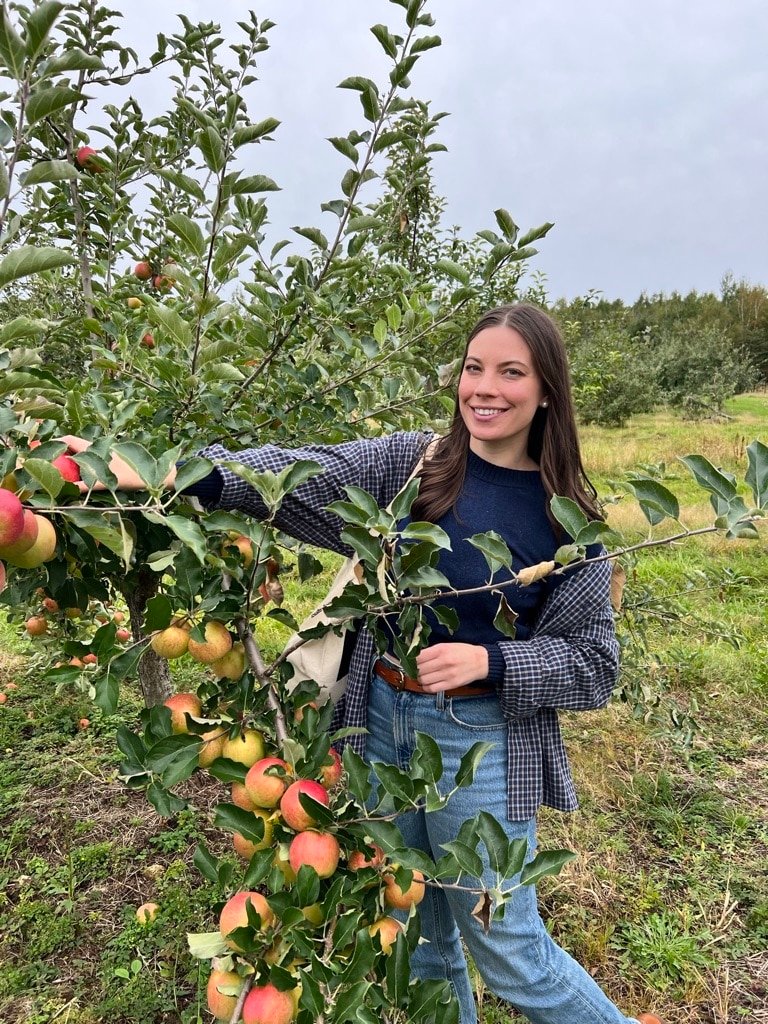
food & farming certifications
fair trade certified
Guarantees farmers and workers are paid fair wages and work in safe conditions. Premiums also fund community development projects like schools and healthcare. Commonly seen on coffee, chocolate, and cotton.
usda organic / certified organic
Ensures crops are grown without synthetic pesticides, GMOs, or fertilizers. Organic certification supports soil health, biodiversity, and cleaner ingredients. Found on food, textiles, and personal care.
rainforest alliance certified
Focuses on biodiversity, sustainable land use, and better farmer livelihoods. You’ll see the frog logo on coffee, cocoa, tea, bananas, and other agricultural goods.
demeter biodynamic
Goes beyond organic by certifying biodynamic farming practices, which treat the farm as a living ecosystem. Standards include composting, crop rotation, and biodiversity preservation. Products often include wine, produce, and grains.
msc (marine stewardship council)
Found on seafood products. Ensures fish are caught using sustainable practices that protect marine ecosystems. Certification requires maintaining fish populations and reducing bycatch.
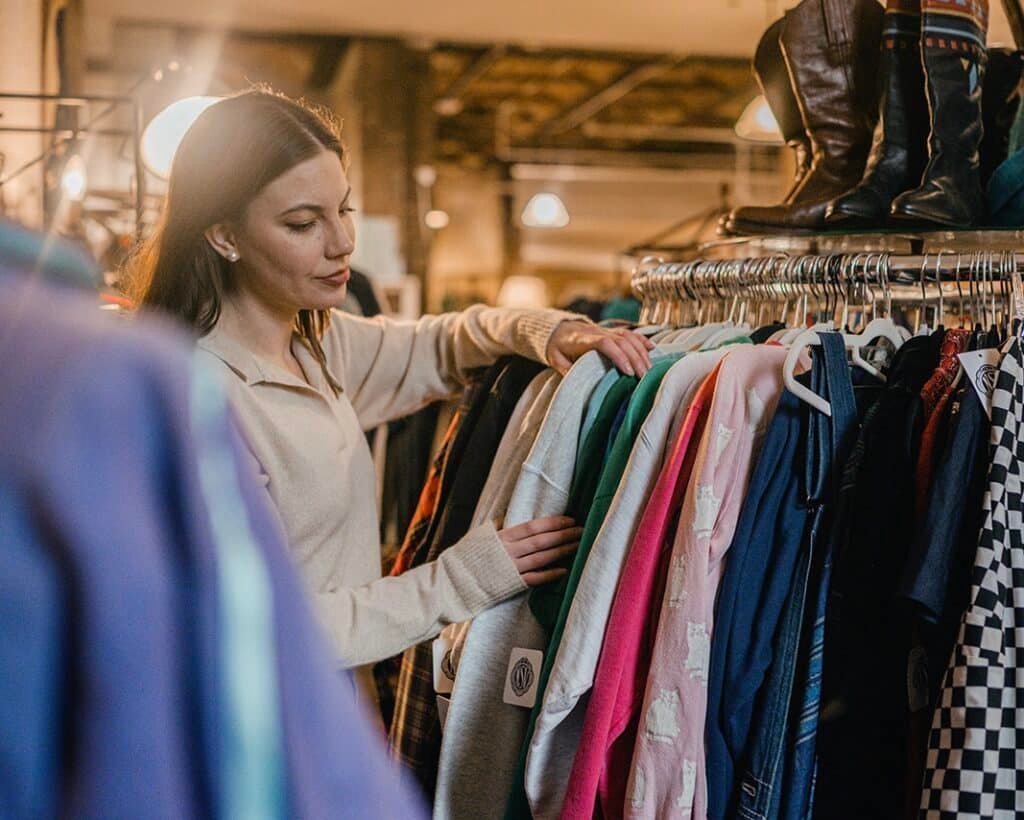
textiles & fashion certifications
gots (global organic textile standard)
Applies to the full textile supply chain, from organic fiber harvesting to finished product. GOTS-certified products are free from toxic chemicals and meet strict labor standards.
oeko-tex® standard 100
Tests textiles for harmful substances, from pesticides to heavy metals. Every component (zippers, thread, buttons) must pass. Widely used for clothing, bedding, and baby products.
fair wear foundation
Focuses on improving labor conditions in garment factories. Fair Wear works directly with brands and suppliers to ensure safe working environments and fair pay.
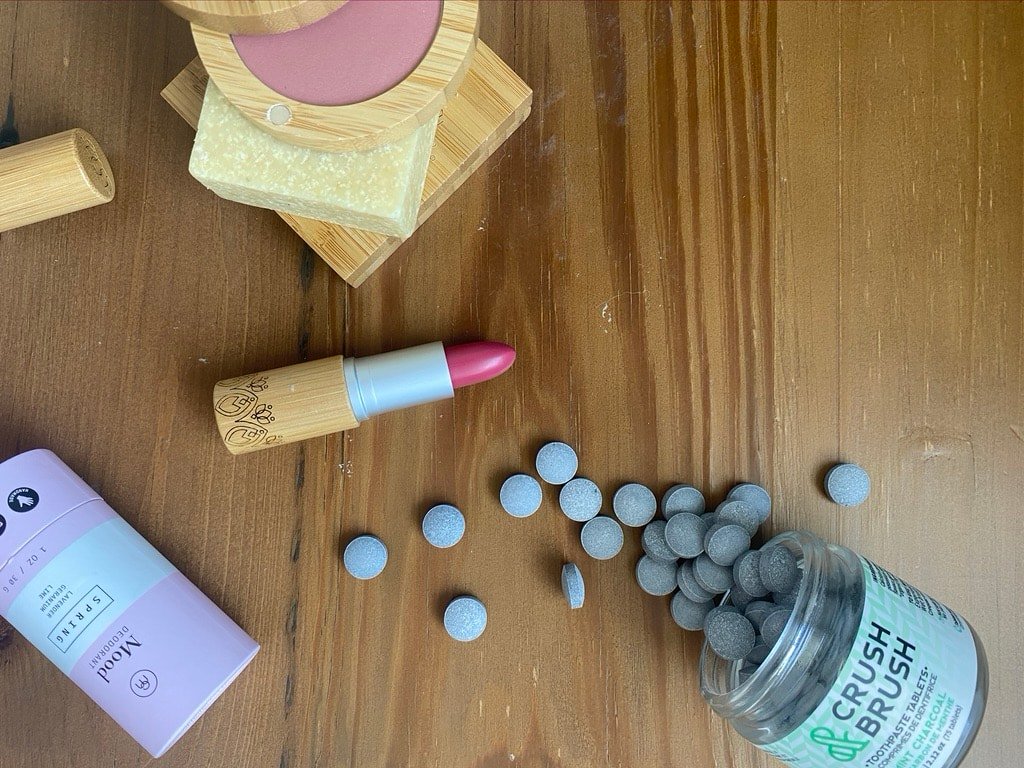
beauty & personal care certifications
cruelty free / leaping bunny
Ensures that neither the finished product nor its ingredients were tested on animals. Leaping Bunny is considered the gold standard, more rigorous than generic “cruelty-free” claims.
ewg verified
Found on cosmetics, skincare, and cleaning products. Ensures products meet strict ingredient safety standards and avoid harmful chemicals. Helps consumers choose safer, healthier options.
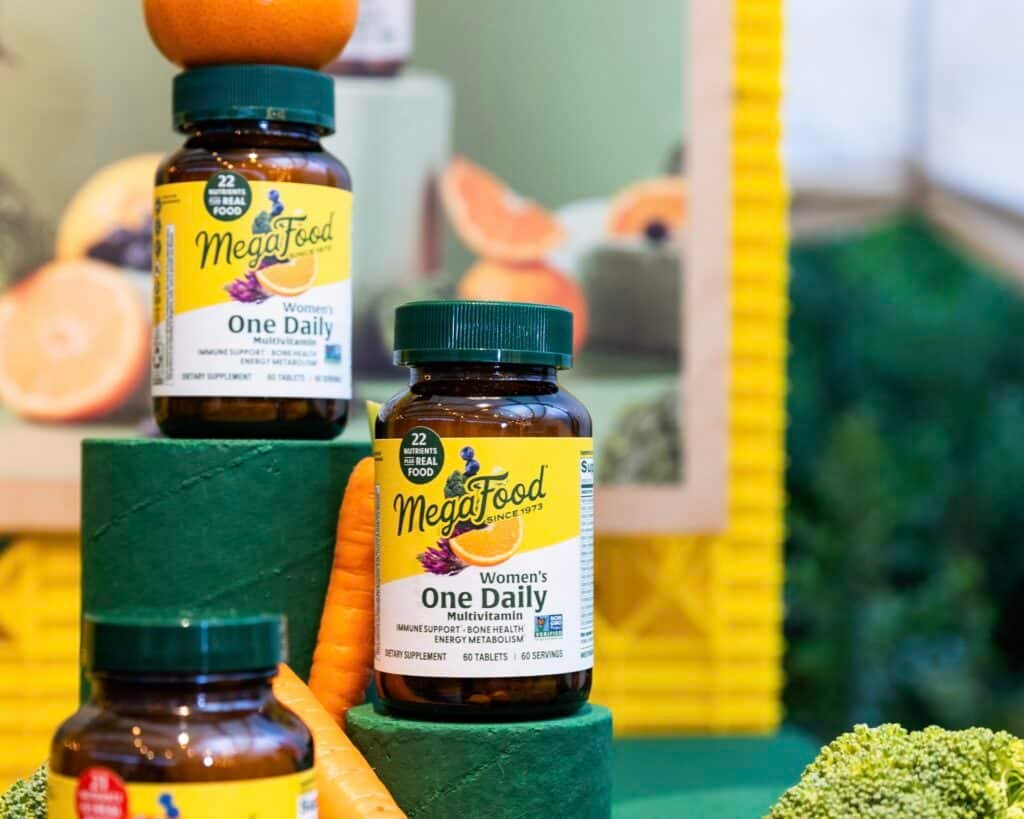
business & corporate responsibility certifications
b corp certified
A company-wide certification measuring environmental impact, worker treatment, community engagement, and governance. Businesses must meet high accountability and transparency standards.
1% for the planet
Brands commit to donating 1% of annual sales to environmental nonprofits. Purchases directly fund climate action, conservation, and grassroots groups.
climate neutral certified
Requires companies to measure, reduce, and offset their carbon emissions annually. Certification ensures ongoing emissions reductions, not just offsets.
plastic neutral
Brands measure their plastic use and offset it by funding programs that remove an equivalent amount of plastic waste from the environment.
fair for life
Certifies companies across supply chains for both social and environmental responsibility. Covers fair wages, safe working conditions, and ecological practices.
sa8000
A global standard for ethical working conditions. Ensures no child or forced labor, safe workplaces, and fair treatment of workers.
cradle to cradle certified
Assesses circular product design across five categories: material health, product circularity, renewable energy, water and soil stewardship, and social fairness. Encourages true closed-loop systems.
leed (leadership in energy and environmental design)
The most recognized green building certification. Covers energy efficiency, water use, indoor air quality, and sustainable construction practices.
energy star
Certifies appliances, electronics, and buildings that meet strict energy efficiency standards. Products reduce carbon emissions while saving money on utility bills.
carbon trust / pas 2060
Certifications that measure and verify carbon footprints. PAS 2060 sets standards for achieving and demonstrating carbon neutrality.

forestry and paper certifications
fsc (forest stewardship council)
Ensures wood, paper, and packaging come from responsibly managed forests. Protects ecosystems and indigenous rights while promoting sustainable forestry.
sfi (sustainable forestry initiative)
Common in North America. Focuses on sustainable forest management, biodiversity, and responsible supply chains. You’ll see it on wood, paper, and packaging.
blue angel (germany)
One of the oldest eco-labels, also applied to wood and furniture. Products must meet strict standards for environmental safety, recyclability, and emissions.
Sustainability certifications aren’t perfect, but they’re one of the best tools we have to separate genuine action from empty marketing. By looking for trusted eco-labels whether it’s Fair Trade on your coffee, GOTS on your clothing, or FSC on your paper products you’re advocating for more transparency.
Each purchase may feel small, but collectively these decisions send a powerful message: consumers want safer products, ethical labor, and businesses that put people and the planet first. The more we support certified brands, the more sustainable practices become the norm rather than the exception.
The post The Ultimate Guide to Sustainable Certifications: What Labels Like Fair Trade, GOTS & B Corp Really Mean appeared first on Going Zero Waste.














